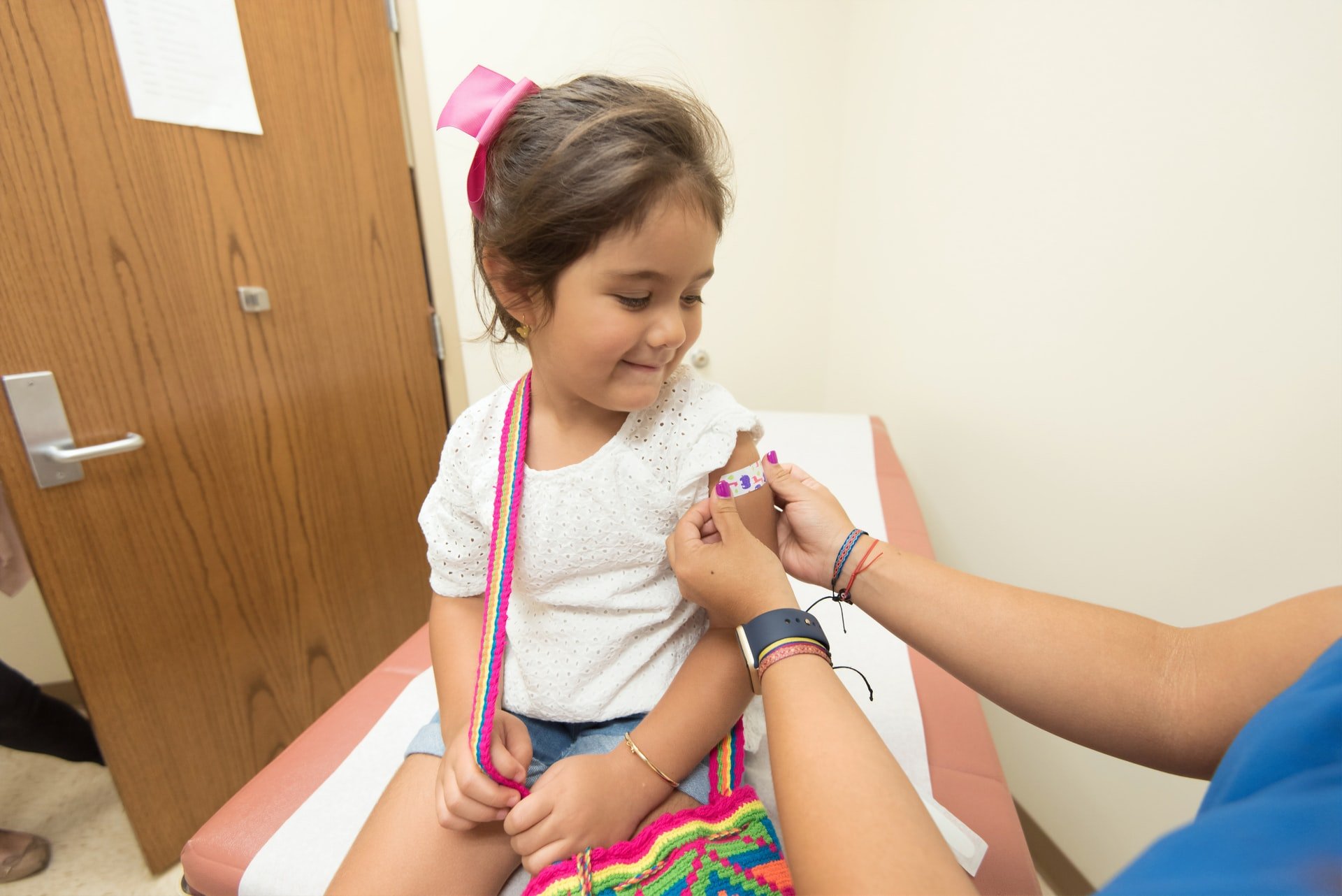Is It Hard To Become an LPN?: 4 Tips to Excel During LPN School
Most nursing and healthcare programs and career options are challenging due to the complex nature of having responsibility for human lives, dealing with illnesses, disease, injury, and much more. That pressure, plus the 10 to 14 years of education and practice required to become a doctor, can often push people away from the medical fieldNCLEX-PN exam.
But, doctors are not the only people who help and impact peoples' lives. You can earn your spot in the healthcare industry and help others with formal training programs and a non-degree award. Intrigued?
Let us introduce you to the Licensed Practical Nurse (LPN) position, a fantastic opportunity to jump-start your career in healthcare. Read on to get the answers to vital questions related to LPN schooling, starting from the more basic "how long is the LPN program?" to "is it hard to become an LPN?"
How Long Is the LPN Program?
Before applying for an LPN program, considering factors like how long the program is or how much time it will take you to complete it is crucial.
Accredited licensed practical nursing programs usually take only 12 months to complete, including internships and coursework. However, depending on the school, or whether you decide to attend full- or part-time, the length can sometimes vary.
Interested in pursuing an LVN degree in California?
Fill out the form and get all the detailed information you need regarding your chosen program.
Is it Hard to Get Into an LPN School?
Getting into an LPN school is the easy part of the "becoming an LPN" process. The basic requirement for applying for an LPN program is possessing a high school diploma or having passed the General Educational Development (GED) exam.
Depending on the state and the school, additional prerequisites may include a criminal background check or a cardiopulmonary resuscitation (CPR) certification. Furthermore, most nursing schools require taking the TEAS (Test of Essential Academic Skills) test, administered by the Assessment Technology Institute (ATI). It includes 170 multiple choice questions on science, mathematics, reading, and English and language usage.
What Skills Do You Need to Attend an LPN program?
As an LPN nurse, communication and patience are the crucial skills you need. As no surprise, these skills are fundamental to completing an LPN program successfully.
In practice, a licensed practical nurse will often be in charge of talking to patients to discuss how they feel and answer any questions about their treatment or condition. Also, they report patient status and progress to other nurses and doctors. In this case, effective communication is a must. In addition, helping people get dressed, eat, and bathe requires a lot of patience. You also need to be able to stay calm in emergencies.
Other skills you need to possess as an aspiring LPN nurse include:
compassion,
collaboration,
attention to detail,
teamwork,
math,
Organizational, and
observation skills.
LPN Schooling: How Hard Is It to Graduate?
When it comes to nursing, thorough education is needed for such a significant responsibility. LPN schooling can be very challenging at times; however, you can get the hang of it with dedication and good study habits! Furthermore, nursing is a gratifying job, motivating you to work towards it persistently.
Licensed practical nursing programs usually include core anatomy, physiology, biology, and chemistry courses. Clinical hours are also part of the program, teaching you new skills through firsthand training. These include several hours in hospitals, clinics, nursing homes, or other healthcare facilities. In addition, you can expect practical classes in emergency medical technology and physical education.
Coursework may also cover
basic pharmacology,
mental health concepts,
psychology,
maternity care,
pediatric nursing,
family nursing,
legal aspects of nursing, etc.
LPN courses can be demanding, but they will provide you with the knowledge and skills necessary to succeed as a practical nurse.
What Comes Next After Graduation?
After you graduate as a practical nurse, you need your license to become a licensed practical nurse (LPN). You need to pass the NCLEX-PN exam administered by the National Council of State Boards of Nursing (NCSBN) to get the license. NCLEX-PN tests your competencies to start working in a healthcare facility.
Furthermore, if you wonder what happens if you do not pass the exam, according to the NCSBN's retake policy, you are allowed to retake it after 45 days and up to 8 times per year.
After passing the NCLEX-PN exam, you need to apply for your state LPN license. That's the last step before you're officially considered an LPN.
Once you enter the job market as a licensed practical nurse, you will get plenty of job opportunities working in various facilities. This comes as the Bureau of Labor Statistics predicted a 9% job growth during 2020-2030, adding over 63,000 openings every year. Besides, you can get reasonable compensation as an LPN and earn as much as $55,000 annually, depending on your role.
Moreover, as an LPN nurse, you can advance your career and become a registered nurse. Various LPN-to-RN programs available allow you to combine on-campus classes with your experience as an LPN to get an RN degree.
4 Tips to Excel in an LPN School
If you plan to join an LPN school, here are some tips to help you make the most out of your opportunities. From advice on supplies to prioritizing yourself, we present four main tips to follow and excel.
Invest in the right supplies
You need several things as an LPN student that help you succeed at school. These include textbooks, medical equipment, and even lab coats. By investing in the right supplies for you, they will serve as a foundation to facilitate every other aspect of your LPN studies.
You can choose between digital and physical textbooks, so decide on the type that you find easier to learn from. In addition to basic supplies like pens, paper, and, yes, a laptop, we recommend you get a planner to keep track of your studies, due dates, and schedule.
LPN student attire consisting of scrubs, lab coats, and nursing shoes is usually required during your clinical hours. There is motivation and, frankly, comfort in investing in looking the part. Also, it would be best if you had tools like a good stethoscope, blood pressure monitor, and nursing scissors. Other supplies we suggest include:
a medical dictionary;
a sturdy clipboard;
a nursing bag;
a penlight;
a stopwatch; and
compression socks.
Identify study habits that work for you
When it comes to studying, it is crucial to understand that just because something works for other When it comes to studying, it is crucial to understand that just because something works for other people, it doesn't mean that it will work for you. Everyone has their learning style through which they learn most efficiently. Some learn best by reading and taking notes, others by listening, watching videos, etc.
To excel at school, you need to explore, find what works for you, and stick to it. With the proper study habits, you will succeed in your studies and graduate in no time!
Create a study group
LPN schooling can be a challenge but know that you are not alone. Everyone else studying the same program can relate to what you're going through. You can create a study group with your peers or join a pre-existing one to succeed in your studies.
There are numerous benefits to studying in groups. First, being part of a study group helps you avoid procrastination and stay on track with your studies. During study groups, you can compare notes, share study tips, and learn from each other. Furthermore, study groups help you support and motivate one another and overcome exam stress.
Practice self-care
Sometimes students tend to feel like they should be spending every minute of their time learning. However, we're here to remind your overworking can hinder your future as a nurse.
Too much studying can lead to stress and exhaustion, which will decrease your ability to deal with the coursework. Studies show that taking breaks and relaxing can help you much more than constant studying.
Thus, to ensure a successful academic process, make sure to take care of yourself by exercising regularly, getting enough sleep, eating healthy, and meditating.
The Bottom Line: Is LPN School Worth It?
If you want to jump-start your career in healthcare without spending years studying, then LPN School is totally worth it! The LPN programs provide you with a mix of real-life practice and theoretical knowledge, helping you to become competent in the healthcare industry.
Moreover, the LPN program puts you in the job market in about 12 months. Speaking of jobs, as an LPN, you can take various roles and get paid well in return.


